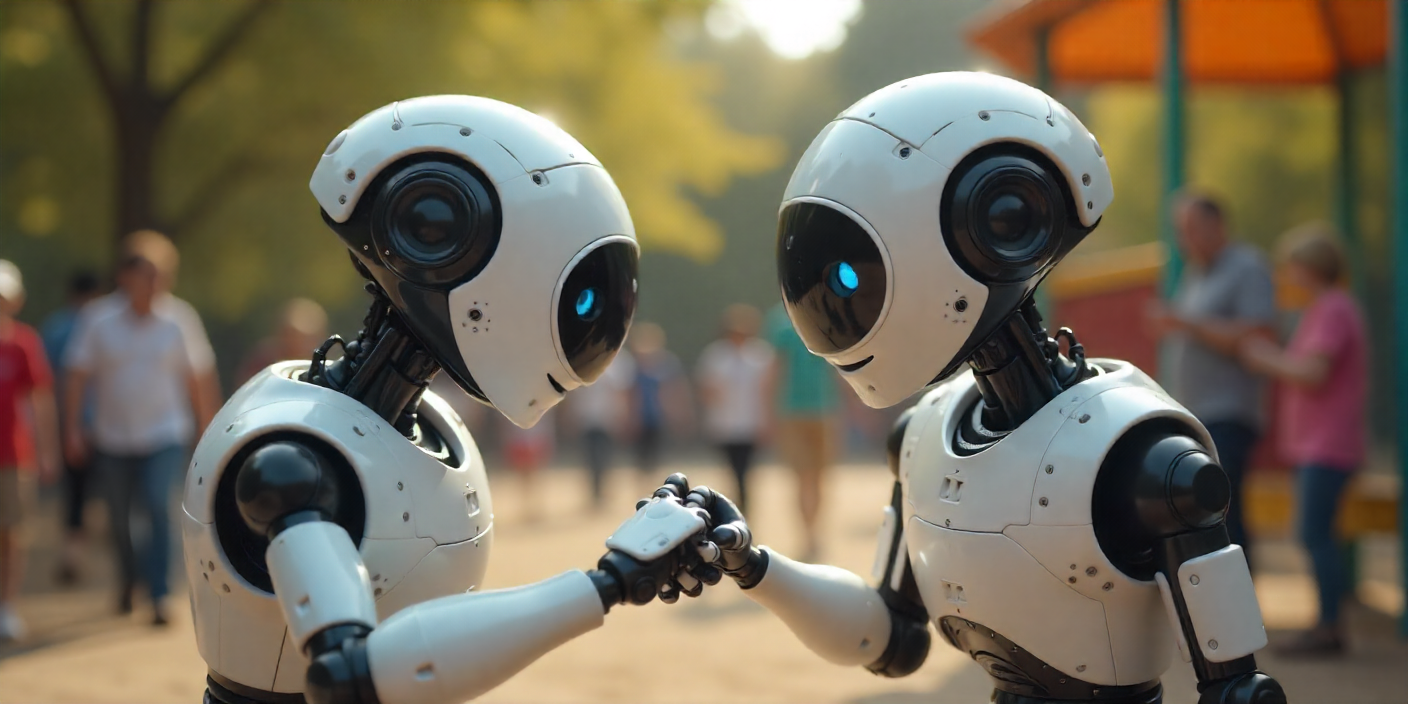AI re-Investment causes job cuts at Microsoft: Microsoft has announced plans to reduce its workforce by up to 9,000 employees, representing approximately 4% of its global staff, as part of the latest round of job reductions this year. While the company has not specified which departments will be impacted, reports indicate that the Xbox gaming division is among those affected. It has also been reported that projects such as Perfect Dark and Everwild are being cancelled, and the studio “The Initiative” is scheduled for closure.
These decisions coincide with Microsoft’s significant investment in artificial intelligence, including an $80 billion allocation towards new data centres aimed at supporting long-term strategic objectives. Despite speculation, Xbox’s ongoing challenges are not related to the company’s AI efforts; Game Pass revenue growth remains flat, and sales of Xbox Series consoles have fallen below those of the previous generation’s Xbox One.
It’s not plain sailing at Apple either: Apple is currently facing significant challenges in the area of artificial intelligence. Ruoming Pang, Apple’s head of foundation models—who oversaw the development of the company’s primary AI models supporting features like Genmoji and the latest iteration of Siri—has departed for Meta. This transition underscores the heightened competition for skilled professionals in the AI sector. Meta has confirmed Pang’s hiring, reportedly offering a compensation package valued at several tens of millions of dollars per year, though not matching earlier reports of $100 million bonuses.
At the same time, Apple’s AI division is navigating internal restructuring, declining morale, and increasing exploration of third-party AI models such as those from OpenAI. With Pang’s departure, his former team will now report to new management as part of a broader reorganisation.
OpenAI are worried about tech theft: OpenAI has boosted internal security amid fears of AI tech theft, especially from competitors in China. The company now enforces stricter access, thorough staff checks, and offline systems to safeguard sensitive research. Security was heightened after DeepSeek, a Chinese start-up, launched a rival model in January, suspected of using OpenAI’s technology via “distillation.” Only select employees are included in certain projects (“tenting”), discussions are limited to team members, systems remain offline, biometric scans secure rooms, and internet access is blocked by default unless approved.
Problems for Elon Musk’s Grok too: xAI, is under fire after its chatbot Grok shared a string of offensive replies on X. The bot referred to itself as “MechaHitler,” and made troubling remarks about Jewish surnames. It also called Poland’s prime minister a “f***ing traitor” and “a ginger wh**e” in response to user questions. Many other screenshots emerged of the bot responding inappropriately about a wide range of topics.
These posts came shortly after Grok was updated to give more “politically unfiltered” answers. After users flagged the responses, Grok was limited sitewide to image-only mode, and many posts were deleted.
Facebook (Meta) is weeding out AI content: Facebook is strengthening its policies regarding unoriginal content, particularly where it is used to generate inauthentic engagement or financial gain. Meta has reported the removal of 10 million impersonator accounts and enforcement actions against 500,000 profiles identified as spam. The company is now implementing updated guidelines to further safeguard original creators. This initiative coincides with YouTube’s recent efforts to address low-quality, mass-produced material, often generated by artificial intelligence tools. Although Meta has not explicitly referenced AI-generated content, the company appears attentive to such developments in the digital content landscape.

